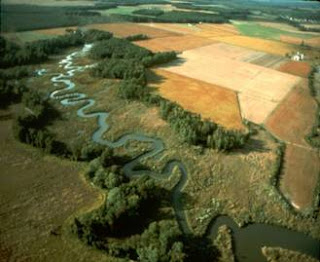Advantages of Investing in Property
- While the Stock Market offers high returns, many investors have found it to be a volatile and dangerous place. This is especially true for the non-professional investor as there are many hidden external factors that can effect a financial investment. Added to this, the major Stock Markets have been underperforming generally, and many investors are now turning to property as a far better option than other forms of investment.
- No other investment allows you to purchase with other peoples’ money (The Bank’s) and pay this back with other peoples’ money (the rental income from tenants).
- Buying specifically for investment purposes allows the investor to remove the emotion from the purchase and look at the property purely as an investment vehicle. This may mean utilizing our re-assignable contract option and selling at a substantial profit prior to completion while carrying no redemption penalty. Alternatively a "buy-to-let" situation can generate a reliable rental income, incorporating substantial capital appreciation.
- If you own property, you can release equity against this. Although there is no law that states that your property will increase in value each year, it is generally accepted that a well maintained property in a reasonable area will appreciate in value.
- It is a well documented fact that on average the value of a property doubles every seven years
A Few Facts
- 50% of the names mentioned on The Times Rich List made their money through investing in property.
- A property worth just €4,000 thirty years ago would be worth around €225,000 today.
- Equities or Stocks can be volatile, as with the .com crash. Property however is a historically stable investment.
Get Professional Advise
Making use of a professional investment service will save you a fortune in the long run. Harness their expertise and sound property knowledge to avoid making costly mistakes with your property portfolio.


